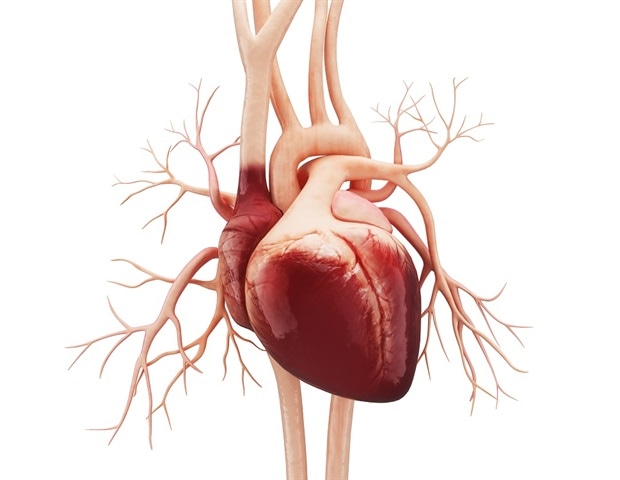
Since August, when the Food and Drug Administration (FDA) approved a minimally invasive heart valve procedure for an expanded group of patients with aortic stenosis, Raj Makkar, MD, vice president of Cardiovascular Innovation and Intervention at Cedars-Sinai, says many more patients are opting for the procedure known as transcatheter aortic valve replacement (TAVR).
With this latest approval, the procedure can now be performed on a wide spectrum of patients, from patients too sick to undergo open-heart surgery to those who would be considered low risk for open-heart surgery.
The TAVR procedure allows us to replace a patient's aortic valve without undergoing open-heart surgery. Now that low-risk patients can have TAVR, we are adding years to the lives of more and more people-and we are adding life to those years."Each year, more than 200,000 Americans are diagnosed with aortic valve stenosis - a stiffness of the heart valve's leaflets that reduces the ability to fully open and close and causes the heart's aortic valve to narrow and the heart muscle to become thicker and sometimes weaker.
Makkar, the Stephen R. Corday, MD, Chair in Interventional Cardiology at Cedars-Sinai
To treat the condition, cardiac surgeons and interventionalists like Makkar use TAVR, a minimally invasive procedure during which an interventional cardiologist repairs the valve by using a catheter to insert a new valve into the aorta. Makkar's team has performed TAVR on close to 3,500 patients, and he has taught his technique to interventionalists around the world.
"Many of our patients go home one or two days after the procedure," said Makkar. "And shortly thereafter, they are feeling more energized and back to the hobbies they love."
That's in large part, Makkar says, because in comparison to surgery, TAVR offers a lower incidence of death, stroke, scarring and hospitalization after surgery.
Still, surgery remains the gold standard for many patients, said heart surgeon Joanna Chikwe, chair of the Department of Cardiac Surgery at the Smidt Heart Institute. Chikwe said it's essential for every patient to talk with their cardiologist and surgeon about which approach is best for them.
"We still don't know what the long-term results of TAVR are in younger patients," Chikwe said. "Surgery has great long-term results-which is especially important in younger patients. Once patients know they can be home in three days or so with a tiny scar, they usually want the option with the best long-term results."
Cedars-Sinai






No comments
Post a Comment